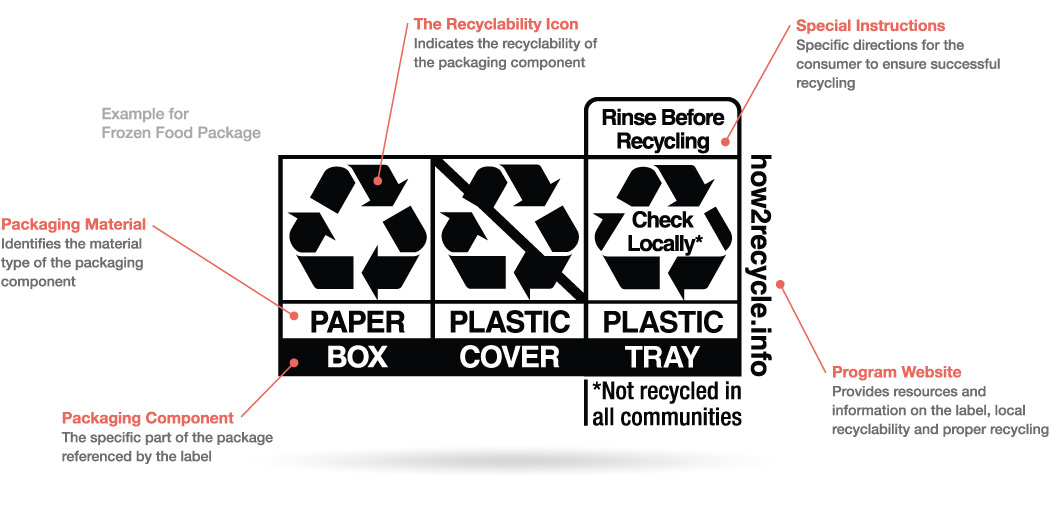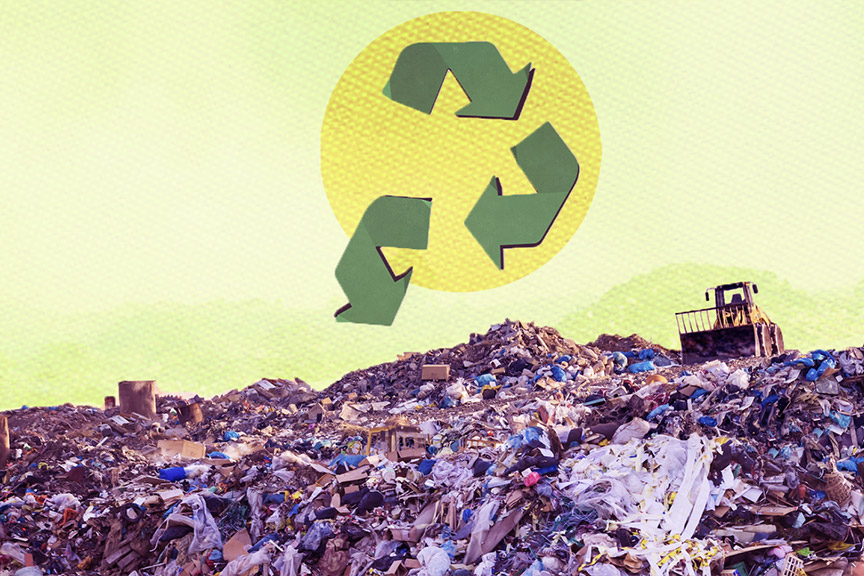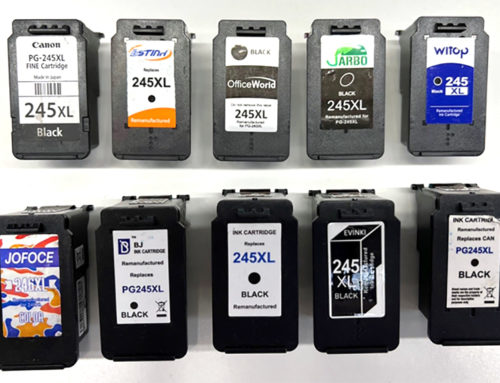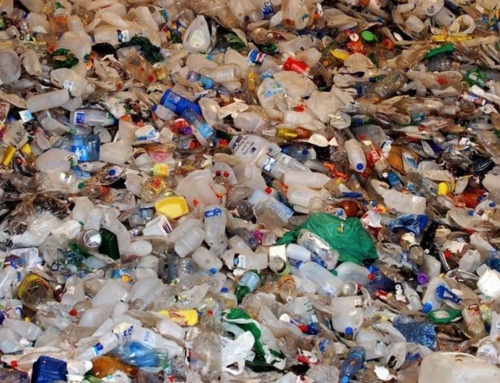California’s pursuit of sustainable consumer practices has reached a pivotal moment with the enactment of the “Truth in Labeling” law in 2021. This groundbreaking legislation aims to protect consumers and manage waste effectively. However, recent revelations have shed light on challenges of sustainable labeling within the state’s plastic recycling infrastructure.
The complexity of plastic recycling arises from the diverse range of plastics, each composed of various chemicals, some of which are harmful. Plastics were not initially designed for recycling, and the presence of non-recyclable or incompatible plastics can contaminate recycling streams. Additionally, other materials like paper or metal further complicate the recycling process.
A comprehensive analysis conducted by the state Senate highlighted significant issues with recycling rates, indicating that the majority of single-use items end up in landfills, incinerators, or the environment. Despite Californians’ diligent efforts to recycle, contamination in recycling streams persists, driving up the costs of sorting and processing recyclable materials.
Nationally, only a mere 6% of plastic is recycled, underscoring the urgency of addressing recycling inefficiencies. CalRecycle, the state’s recycling authority, employs various metrics to assess recyclability, including the examination of compressed bales of plastic waste. However, recent surveys have revealed alarming levels of contamination in these bales, rendering them unsuitable for recycling.

Environmental organizations such as the Basel Action Network and The Last Beach Cleanup have raised concerns over the illegal exportation of contaminated plastic waste to countries like Mexico, where much of it is incinerated or deposited in landfills rather than recycled. This exportation undermines California’s commitment to sustainable labeling and waste management and misleads consumers about the true fate of their plastic waste.
Jan Dell, an independent engineer and founder of The Last Beach Cleanup, asserts that California must uphold the principles of truth in recycling laws and cease deceptive practices surrounding plastic waste management.
In response to these revelations, CalRecycle has undertaken a review of the findings, acknowledging the need for transparency and accountability in recycling practices. The outcome of this review could set a precedent for other states grappling with similar challenges.
The issue of misleading recycling claims extends beyond California, prompting broader discussions at the federal level. The Federal Trade Commission is considering revisions to its guidelines on environmental advertising and labeling claims, aiming to curb deceptive practices and promote genuine sustainability.
While California has taken significant strides towards sustainable labeling practices, there is still work to be done. The state must address the underlying issues contributing to recycling inefficiencies, including contamination and illegal waste exports. By fostering transparency and accountability, California looks to lead the way in promoting truly sustainable waste management practices for the benefit of both consumers and the environment.






